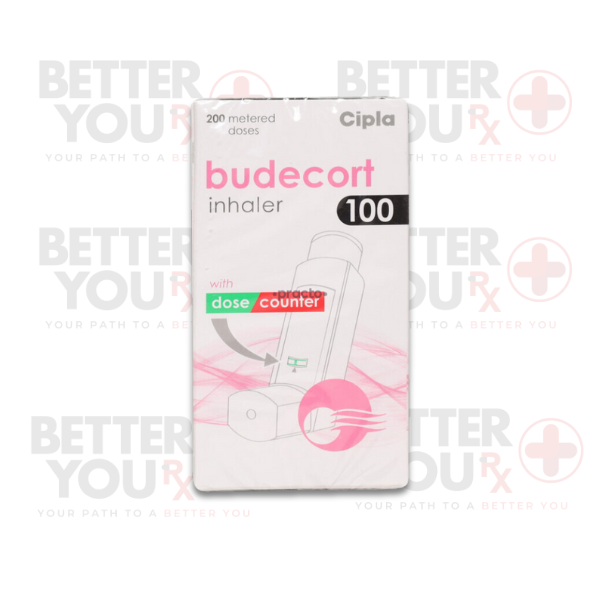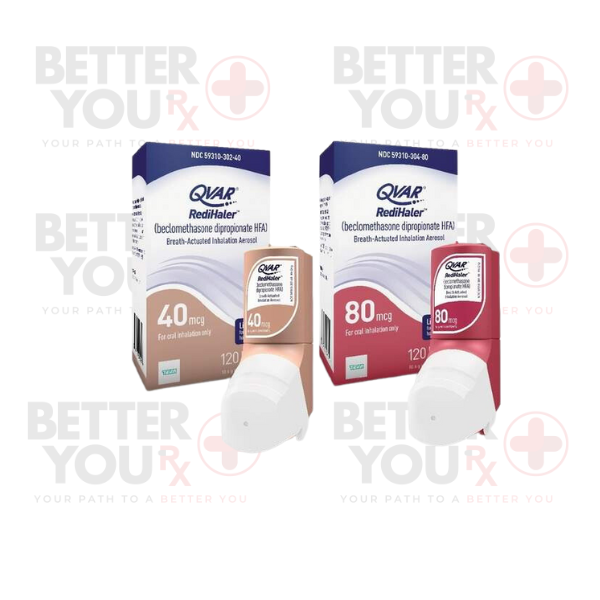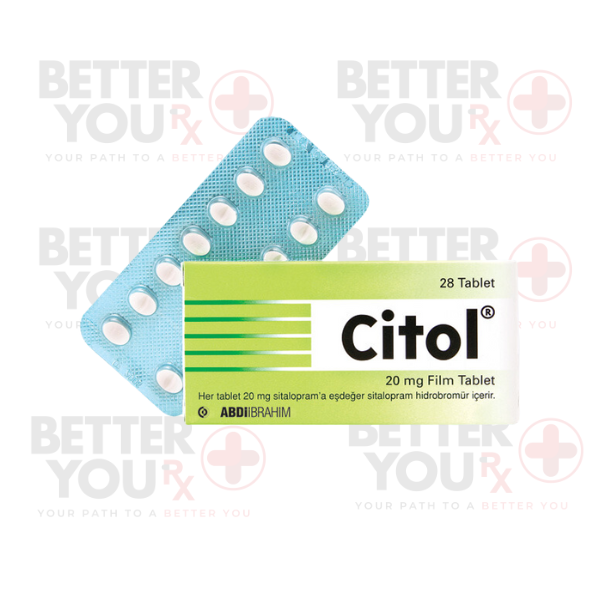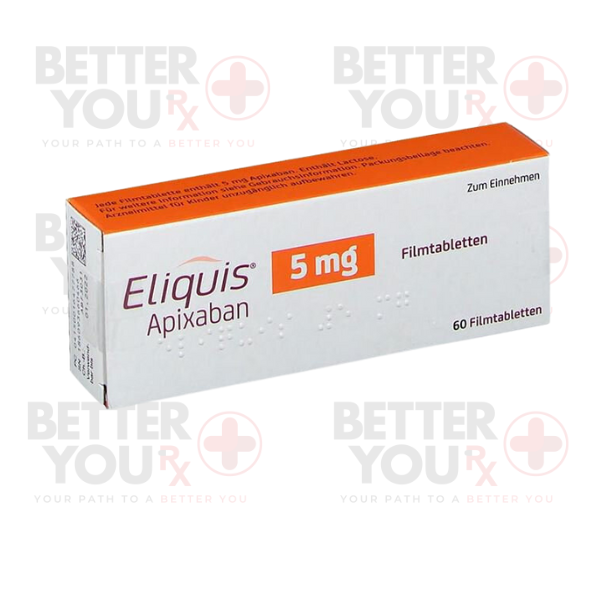| Usage |
Usage
-Afatinib is administered orally in tablet form. Typically taken once a day on an empty stomach, ensure there's a gap of at least 1 hour before or 2 hours after a meal or snack. Maintain a consistent daily schedule for administration. Adhere closely to the directions on your prescription label, and seek clarification from your doctor or pharmacist if needed. Adhere strictly to your doctor's instructions—avoid altering the dosage, frequency, or overall consumption of Afatinib. If you encounter severe side effects, your doctor might temporarily or permanently halt treatment or adjust the dosage. Regularly communicate your experiences during treatment with your doctor. Even if you feel well, continue taking Afatinib as prescribed. Do not discontinue use without consulting your doctor. For additional information, request the manufacturer's patient information from your pharmacist or doctor.
|
| Side Effects |
Side Effects
• Afatinib may induce side effects. If any of the following symptoms persist or become severe, inform your doctor:
• Cracking or swelling of the lips or sores in mouth corners
• Dry skin or itching
• Appetite loss
• Nail infection
• Acne
• Nosebleeds
Certain side effects demand immediate attention. If you encounter any of the symptoms below or those outlined in the Precautions section, discontinue Afatinib and urgently contact your doctor or seek emergency medical aid:
• Diarrhea
• Dehydration signs like dry mouth, dark urine, reduced sweating, dry skin
• Decreased urination
• Enlargement or swelling in arms, hands, feet, ankles, or lower legs.
• Rash
• Pain, redness, peeling, or blistering skin
• Breathing difficulties
• Shortness of breath
• Rapid, irregular, or pounding heartbeat
• Sudden weight gain
• Cough
• Fever
• Excessive fatigue
• Pain in upper right stomach
• Unusual bleeding or bruising
• Nausea or vomiting
• Yellowing of skin or eyes
• Dark urine
• Red, swollen, painful, or teary eyes
• Sudden vision changes, including blurriness or light sensitivity
Afatinib may lead to other side effects. For any unanticipated issues while taking this medication, consult your doctor.
|
| Storage |
Storage
-Ensure the medication remains in its original container, tightly sealed, and beyond children's reach. Store it at room temperature, shielding it from light, excessive heat, and moisture (avoid the bathroom). Dispose of unused medication in a manner that prevents accidental consumption by pets, children, or others. Avoid flushing it down the toilet. Opt for a medicine take-back program, accessible via your pharmacist or local garbage/recycling department. Safeguard all medications from children's access, as certain containers aren't child-resistant. To avert accidental ingestion, secure safety caps and store medications in a location beyond children's reach and sight.
|
| Special Precautions |
Special Precautions
Prior to initiating afatinib treatment, follow these steps:
– Notify your doctor and pharmacist if you're allergic to afatinib, other medications, or any elements within afatinib tablets. Request a list of ingredients from your pharmacist.
– Share details of prescription and non-prescription drugs, vitamins, and nutritional supplements you're taking or intend to take. Particularly mention medications like amiodarone (Cordarone, Pacerone), certain antifungals (itraconazole, ketoconazole), cyclosporine, erythromycin, certain HIV medications (nelfinavir, ritonavir, saquinavir), certain seizure medications (carbamazepine, phenobarbital, phenytoin), quinidine, rifampin, tacrolimus, and verapamil. Many other medications can interact with afatinib, so disclose your complete medication list to your doctor. Modifications to the dosage or vigilant monitoring might be required.
– Share herbal products you're using, particularly St. John's wort.
– Inform your doctor if you're of Asian descent or have a history of non-lung cancer breathing issues, eye problems (including dry eyes), heart conditions, liver or kidney ailments, or any other medical conditions. Mention if you wear contact lenses.
– If you're pregnant or planning to be, discuss this with your doctor. Pregnancy during afatinib treatment and for 2 weeks post-treatment is discouraged. Consult your doctor regarding suitable birth control methods for the treatment period. If you become pregnant while using afatinib, promptly inform your doctor as it may harm the fetus.
– Notify your doctor if you're breastfeeding, as afatinib usage isn't recommended while breastfeeding.
– Anticipate safeguarding yourself from extended sunlight exposure. Wear protective clothing, sunglasses, and sunscreen, as afatinib can heighten skin sensitivity to sunlight, potentially causing rashes or acne during treatment.
|










Reviews
There are no reviews yet.